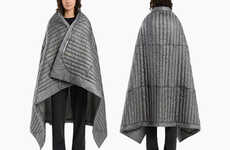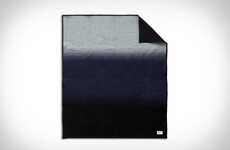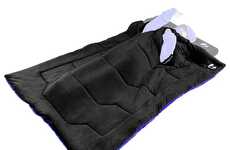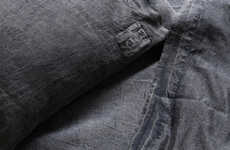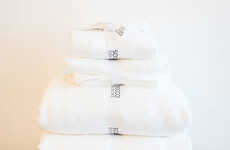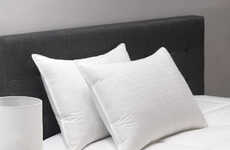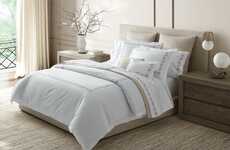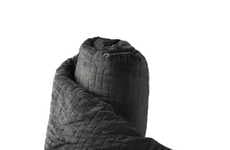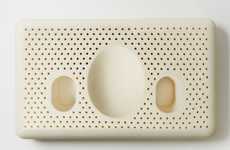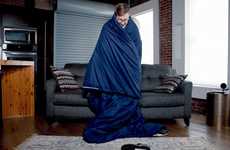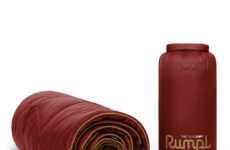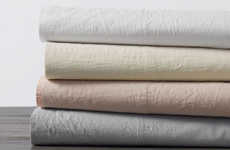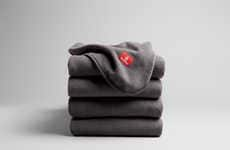

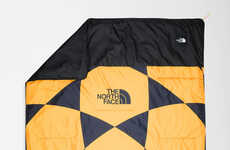
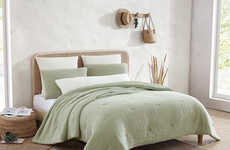
Comforters made from recycled materials reduce brands' environmental impact
Trend - Brands in the sleep industry are transitioning to "greener" business models, and recent products include comforters made from recycled materials. Recycled plastic comforter fillings promote a brands' environmental priorities without altering the quality or lifespan of the products.
Insight - While more people are making sustainable purchase decisions and lifestyle changes, they're also looking for ways to be eco-friendly without altering their quality of life. Brands that help consumers transition to sustainable lifestyles while prioritizing equal (or better) product experiences will have a competitive edge as the market for sustainable products continues to grow.
Insight - While more people are making sustainable purchase decisions and lifestyle changes, they're also looking for ways to be eco-friendly without altering their quality of life. Brands that help consumers transition to sustainable lifestyles while prioritizing equal (or better) product experiences will have a competitive edge as the market for sustainable products continues to grow.
Workshop Question - How could your brand support customers' transition toward sustainable living?
Trend Themes
1. Sustainable Materials - The use of recycled and organic materials in comforters reduces environmental impact and aligns with consumer demand for sustainable products.
2. Temperature Regulation - Comforters with temperature-regulating properties provide year-round comfort and eliminate the need for multiple bedding options.
3. Direct-to-consumer Brands - Direct-to-consumer brands in the sleep industry offer accessible price points and quality products, disrupting traditional retail models.
Industry Implications
1. Eco-friendly Home Goods - The eco-friendly home goods industry provides opportunities for brands to create sustainable products like comforters made from recycled or organic materials.
2. Sleep and Bedding Industry - The sleep and bedding industry can tap into the trend of temperature-regulating comforters to offer year-round comfort and convenience to consumers.
3. Direct-to-consumer Retail - Direct-to-consumer retail brands can leverage the disruption in the sleep industry by offering quality comforters at accessible price points.



